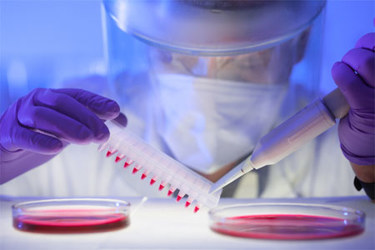The Value Of Human Panel Testing Downstream Of Donor Screening In The Allogeneic Therapy Pipeline

Allogeneic cell-based therapies represent a major advancement in medicine, offering new treatment options. These therapies rely on donor-derived cells, necessitating rigorous screening for adventitious viruses before use in drug development and production. While serological assays are commonly used for donor screening, they have limitations in detecting dormant, latent, or low-level infections.
Quantitative PCR (qPCR) and Reverse Transcriptase qPCR (RT-qPCR) assays provide higher accuracy, specificity, and sensitivity than traditional serological methods. Designed to detect viral DNA or RNA directly, qPCR-based assays minimize false positives and ambiguous results while offering detection limits as low as two genome copies per microliter. Unlike serological tests, which depend on antibody responses, qPCR detects pathogens even in subclinical or latent infections, improving overall safety.
Regulatory guidelines mandate screening for viruses like HIV, HBV, and HCV, but many adventitious viruses, such as HPV-16, HPV-18, BKV, and JCV, are often excluded. qPCR-based assays address this gap, ensuring broader pathogen coverage. These assays also allow for testing consistency across all production stages, from raw materials to final products, without compromising sample integrity after multiple freeze-thaw cycles.
By supplementing serological screening with qPCR-based testing, pharmaceutical manufacturers enhance the safety and reliability of cell-based therapies, reducing risks of viral contamination and ensuring compliance with regulatory standards.
Get unlimited access to:
Enter your credentials below to log in. Not yet a member of Cell & Gene? Subscribe today.
